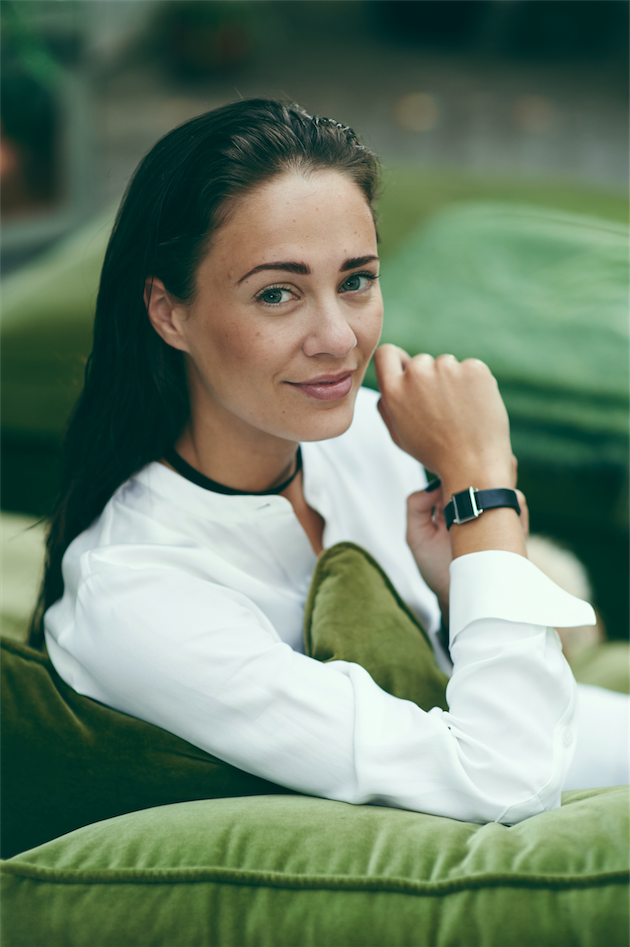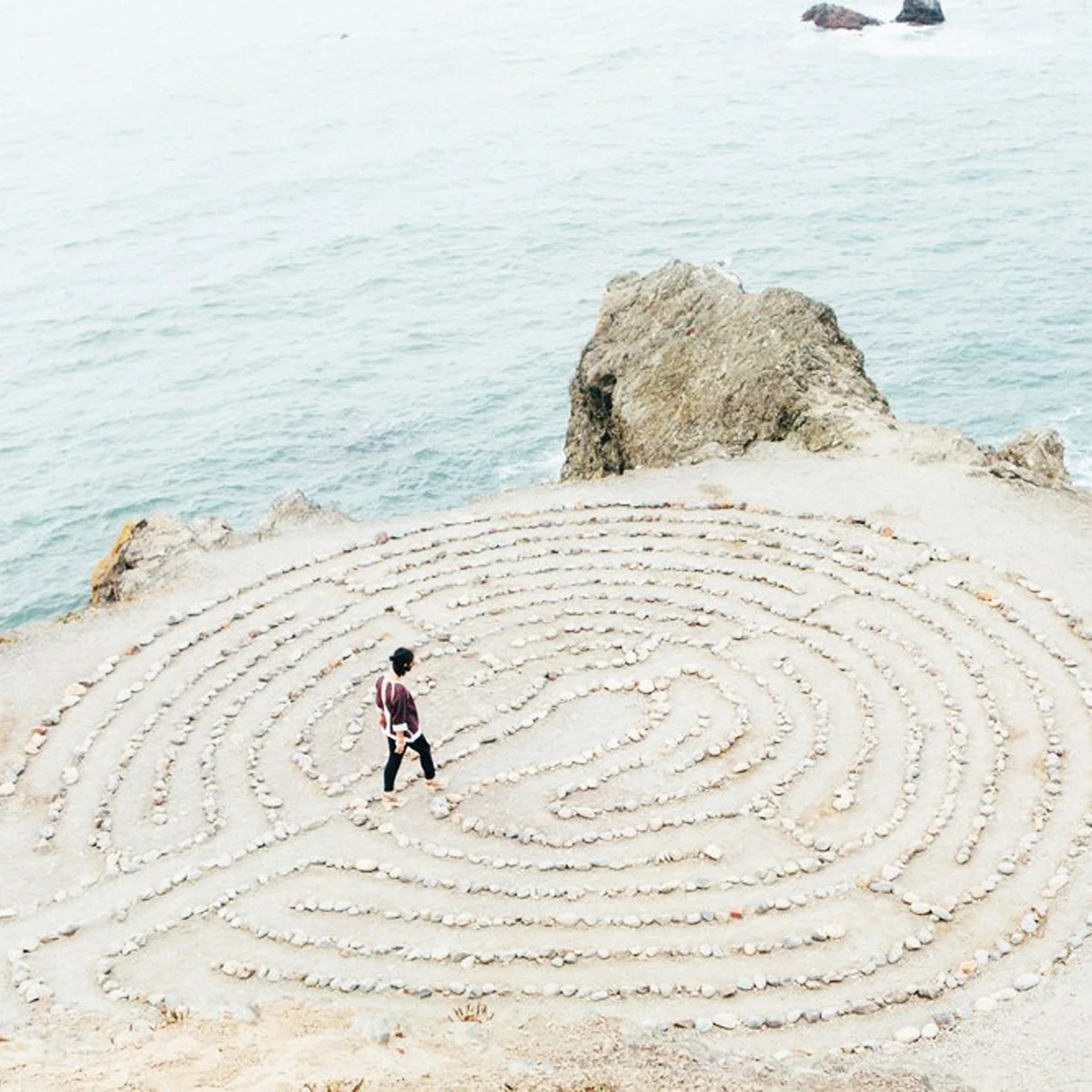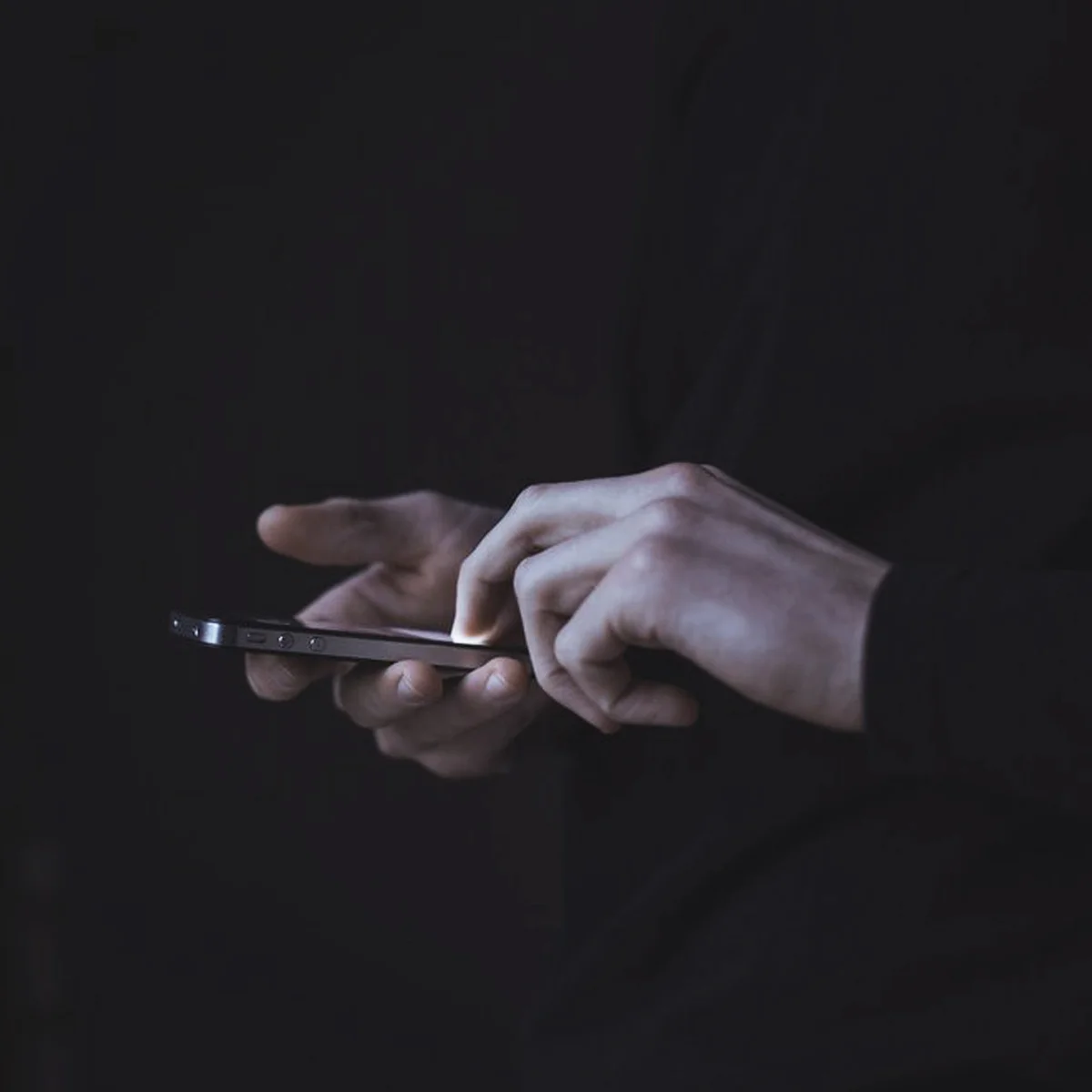DIARY OF A DIGITAL ANTHROPOLOGIST: CYBORG STATE OF MIND
What is digital anthropology? In an ongoing blog series, VINAYA's in-house anthropologist Sammi demonstrates through exploring different questions and ideas. Here, she explores how a more optimistic view of the merging of humans and technology.
Are you a cyborg? Yes, you are, and you should be proud. No, I’m, not referring to you as a oversized muscle man with a metal face and lasers shooting out of his eyes. I’m referring to you.
There is a lot of debate over what the term 'cyborg' actually means. Definitions range from having an implanted electrical component that performs a task beyond biological human ability, to using any human to nonhuman (machine or otherwise) interaction to challenge our understanding what it is to be human. Personally, I prefer the latter.
The term “cyborg” is in itself slightly problematic, as it is a word that is inherently modern in its connotation. Therefore, let’s consider this more abstract, all encompassing definition specifically in terms of this socio-historical moment in time.
Why have so many social anxieties arisen around imagined cyborg futures? Why is this so frightening? New technologies constantly disrupt our ideas of how things ‘are’, or how we are currently experiencing the world around us. Our perceptions of reality are shattered by these technological progressions, producing a degree of uncertainty that inherently leads us as humans to feel fearful. But this doesn’t have to be the case. By embracing new technologies, we embrace the capabilities that they give us, and therefore create new opportunities for our identities.
This might sound a bit abstract, but consider the television and the mobile phone. Though both of these technologies have become diffused into our society, both innovations were initially met with a certain degree of public fear.
"Are you a cyborg? Yes, you are, and you should be proud."
Considering this historical context, then, we must consider why these technologies have led to an image of man and machine melding together. What is particular about this moment and these devices? Perhaps by integrating devices such as the smartphone so thoroughly into our lives, we have begun to see reflections of ourselves within them. Suddenly, they come too close to our memories, our friends, our pasts and potential futures.
Despite this, I would argue that the way artificial intelligence is viewed in the mainstream has seen a recent shift. The conversation has started to turn from regarding artificial intelligence more negatively in stark contrast to what is ‘human’, to now exploring the potential ways in which artificial intelligence can be used to produce more radical and novel ways of being human.
The socio-cultural space where cyborgs flourish is a space of contention and subversion. It’s a space where imagination is endless and differences are both essential and arbitrary. This means that embracing a cyborg identity can be a method for bringing about change. As Bateson said, the interrelation of humans and nonhumans has the capability to bring about “not simply a change in attitude, but even a change in understanding of what an attitude is.”
Rather than allowing ourselves to be swallowed up in dystopian visions of a future where man and machine merge into some unrecognisable monster– of terminators and blade runners and seductive computers with sexy voices– we should open our minds to how our humanity can be empowered through machines. Rather than seeing technology as the antithesis of some basic fundamental idea of humanity, perhaps we can begin to see that there are infinite potential ways of being human.
Is this not a powerful idea? Not only to think about how humans and nonhumans are coming together, but rather how these relations and interdependencies allow us to entirely rethink what it means to be a human being.
*NOTE: This post was heavily influenced/inspired by Donna Haraway’s A Cyborg Manifesto. Highly recommended reading.










